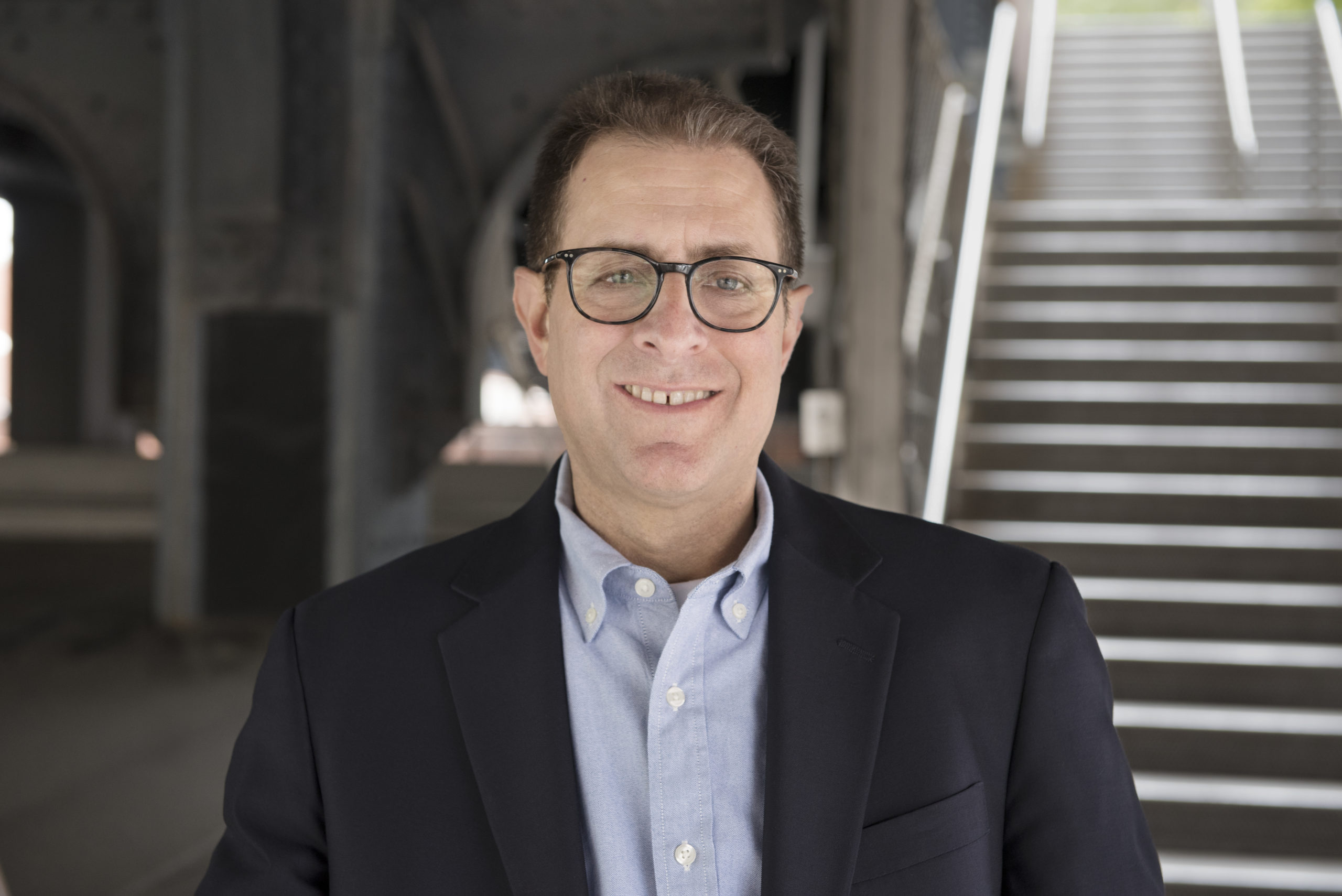As a professor of justice administration at Texas Southern University (TSU) in Houston, Howard Henderson had long wanted to create a criminal justice research center. The nation needs research on issues ranging from overcrowded prisons to racially biased sentencing, and TSU—a historically black institution—could analyze data through a culturally sensitive lens. “There are questions we can ask that others haven’t thought about, or that they may be politically inclined not to ask,” he says.
Henderson’s vision became a reality this past January when TSU opened the Center for Justice Research, funded with $2.7 million from the Center for Advancing Opportunity, an initiative supported by the Charles Koch Foundation, Koch Industries, and the Thurgood Marshall College Fund.
The center brings together researchers in criminal justice, law, forensic science, neuroscience, and computer science and has already launched numerous research projects that analyze data from Houston and the wider Harris County, the nation’s third-largest county with a population of more than 4.5 million. Analyzing local data rather than just national data makes the center’s work distinct. “Few people look at issues on a local level, which is where the majority of criminal justice takes place,” says Henderson, the center’s director. “You can’t just say African-Americans and Hispanics are overrepresented throughout the system. You have to understand the why. That’s the piece we never talk about and what we’re trying to answer,” says Henderson.
The center is also examining how to improve strained relations between the police and the community. One project researchers are undertaking is to study cases where county police used deadly force to help predict future incidents. And they are looking closely at racial disparities within the system. Instead of studying only conviction, incarceration, and sentence length rates, the data points that are traditionally analyzed, the center is also examining the relationship between judicial demographics and sentencing decisions at the federal level.
To reduce mass incarceration levels, the center is focused on the prosecutor’s role in justice reform. “We need to get people out of jail who do not pose a threat to public safety,” says Henderson. As part of this work, researchers are evaluating the impact of programs, policies and tools already in place, including:
- An April 2017 ruling by a federal judge that overturned Houston’s bail system for those charged with low-level crimes. The judge determined that the system disproportionately affected poor residents and was unconstitutional.
- The Harris County Misdemeanor Marijuana Diversion Program, which lets those caught with marijuana participate in a voluntary program to avoid being arrested.
- The Harris County District Attorney’s office’s 2016 “No Lab, No Plea” policy, which prohibits a prosecutor from accepting a plea agreement until laboratory tests confirm the presence of an illegal substance.
- Predictive bias found in the Harris County Pre-Trial Assessment Instrument, a tool that determines who is likely to commit new offenses or fail to appear in court. “We often find that the least likely to reoffend receive the more severe punishment, while the higher risked are released back into society without the proper level of supervision or treatment,” says Henderson.
Once the center has data evaluating their effectiveness, it will offer its recommendations on moving forward.
The center has already shared some of its findings and recommendations with members of the Harris County criminal justice system. The recommendations include creating the Office of Performance Improvements and Innovation and the recommendation to create an open access data program.
Henderson’s interest in the criminal justice system was sparked by his own experiences growing up in a blue-collar neighborhood in Murfreesboro, Tennessee. During the crack cocaine epidemic of the ‘80s and ‘90s, he saw people arrested for drug possession and slapped with mandatory sentences, some for as long as twenty years. “They weren’t bad people. They just got caught up in the socio-economic trap of the war on drugs,” he says. “I saw the cycle of what happens when families can’t afford to retain counsel.”
Henderson was raised by a single mother who worked as a custodian to support her three children. She emphasized hard work and repeatedly told her kids, “Graduate and stay out of trouble.” Henderson listened, becoming the first in his family to go to college. After earning his Bachelor of Science from Middle Tennessee State University, he received his masters of criminal justice from Tennessee State University and his PhD in criminal justice from Sam Houston State University. He feels fortunate to have found such a meaningful career.
“I don’t see it as work,” he says. “I do it because it’s the right thing to do.”











